Drought-Proofing with the Right Irrigation Pump for Your Property
Choosing the right irrigation pump is critical for achieving consistent water distribution and conserving resources.
Securing a reliable water supply for irrigation is essential for maintaining the health of crops, gardens, and landscapes, especially in areas prone to drought. Choosing the right irrigation pump is critical for achieving consistent water distribution and conserving resources. A properly selected and maintained pump provides efficient water delivery, reduces energy costs, and safeguards the sustainability of the property.
Understanding The Role Of Irrigation Pumps
Irrigation pumps play a vital role in extracting and delivering water from sources such as wells, ponds, rivers, or reservoirs to the areas where it is needed. They overcome gravity and friction, enabling water to reach plants or crops with the required pressure and flow rate. The choice of pump affects both the performance of the irrigation system and its long-term reliability.
Different types of pumps are suited to various irrigation needs. Centrifugal pumps are perfect for transporting large volumes of water over short distances, while submersible pumps operate underwater to draw water from wells. Booster pumps enhance water pressure in systems where gravity or distance reduces effectiveness. Selecting the right type depends on factors such as water source, elevation changes, and irrigation system design.
Assessing Irrigation Requirements
A thorough evaluation of the property’s irrigation needs is essential for selecting the most effective pump. Among key factors are the size of the area to be irrigated, the kinds of plants or crops, and the soil’s water retention capacity. The system’s water pressure and flow rate requirements must align with the pump’s capabilities to achieve uniform water distribution.
The distance between the water source and the irrigation area, as well as any elevation changes, affects the pump’s performance. Pumps must be powerful enough to overcome these challenges without overexertion. Pump professionals use specialized tools and calculations to determine the appropriate specifications for each application, guaranteeing efficient and reliable operation.
Energy Efficiency And Sustainability
Energy efficiency is a major piece of the puzzle when choosing an irrigation pump, particularly in regions where water availability is limited. Pumps with high energy efficiency reduce operating costs and minimize environmental impact. Variable-speed pumps, for example, adjust their output based on demand, conserving energy while maintaining consistent performance.
Sustainable irrigation practices include choosing pumps that integrate seamlessly with water-saving technologies such as drip irrigation or micro-sprinklers. These systems send water directly to plant roots, decreasing evaporation and runoff. Pump repair experts often recommend pairing efficient pumps with modern irrigation methods to maximize resource conservation.
Preventing Pump Failures
Regular maintenance is essential for keeping irrigation pumps in optimal condition. Sediment, debris, and mineral buildup can obstruct pump components, reducing efficiency and causing wear. Routine cleaning and inspections help identify potential issues before they escalate, preventing costly breakdowns during critical watering periods.
Pump repair experts frequently highlight the importance of monitoring pump performance. Unusual noises, pressure fluctuations, or reduced water output may indicate mechanical problems or wear. Addressing these issues promptly reduces the risk of failure and extends the life of the pump.
Protecting Pumps During Drought Conditions
Drought conditions place additional strain on irrigation systems, as reduced water levels in sources like wells or reservoirs can lead to pump cavitation or overheating. Installing protective features such as low-water cutoffs or automatic shutoff switches prevents damage by stopping the pump when water levels fall below safe thresholds.
Pump professionals recommend customizing systems to accommodate drought conditions by adjusting intake depths or incorporating water storage solutions. These measures help maintain reliable irrigation while reducing stress on the pump and water source.
Benefits Of Professional Installation And Maintenance
Proper installation is critical for achieving the full potential of an irrigation pump. Incorrect placement, improper sizing, or inadequate calibration can lead to inefficiencies, uneven water distribution, and premature wear. Pump professionals possess the expertise needed to match the pump to the system’s requirements and install it correctly.
Ongoing maintenance by skilled technicians enhances the system’s performance and reliability. Regular inspections identify early signs of wear or malfunction, allowing for timely repairs or adjustments. Professional guidance supports sustainable and efficient irrigation, even in challenging conditions.
Selecting the right irrigation pump is a cornerstone of drought-proofing a property. An effective system balances water distribution, energy efficiency, and long-term reliability, supporting the health of crops and landscapes. Trusting pump repair experts for system design, installation, and maintenance guarantees consistent performance and helps properties thrive in the face of water scarcity.

